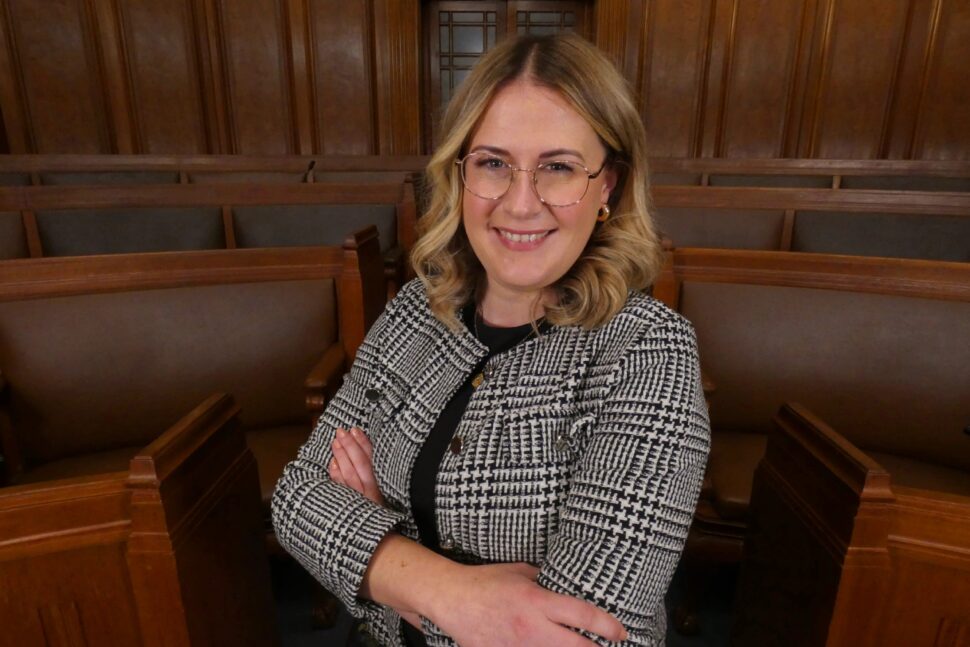A cash-strapped council facing a £183 million SEND black hole is warning ministers the deficit is “forcing” them to make “impossible financial decisions” with “devastating consequences”, ahead of tomorrow’s budget.
Bournemouth, Christchurch and Poole (BCP) council has called for “urgent action” in a letter to education secretary Bridget Phillipson and local government secretary Steve Reed – including letting them use high needs cash to cover £10m interest repayments on their debt.
Councillor Millie Earl, BCP leader, said the lack of government intervention is “not solely a local issue – it is a national crisis – not just because the debt is increasing beyond any known plans to tackle it, but because it introduces an immediate cashflow problem that few appear to have fully grasped”.
The council’s in-year deficit on its dedicated schools grant is nearly £70 million, with the cumulative deficit to grow to £183.1 million by April next year.
Earl, a Liberal Democrat, said the council’s general fund will be required to cover the nearly £10 million in interest costs to finance the debt.

BCP said it believes having to use its general fund to cover the “consequences” of its high needs deficit “is not in accordance with the spirit and intent of the relevant legislation”.
Earl warned “the demand for SEND services and the cost of delivery hugely outstrips the central government funding available.
“This is forcing us to make impossible financial decisions, and the consequences are going to be devastating – not just for councils, but for all communities and for the futures of thousands of children, young people and families.”
BCP tried to join the Department for Education’s “safety valve” scheme – where councils make sweeping reforms to SEND services in exchange for millions of extra government cash.
It submitted a 15-year plan but this was rejected last year when ministers claimed they couldn’t “reasonably afford” it.
But BCP warned if they did it any quicker, they may face breaching their legal duties to vulnerable children.
Earl added: “BCP council was one of the first councils to raise the fact that the SEND deficit has created significant revenue pressure on the general fund and that there is an increasing risk of breaching established local government funding rules.
“We have heard promise after promise of a national solution, but we are yet to see any proposals or plans.
“We understand your government inherited this complex challenge – which stems from the result of deep-rooted, systemic failings in how SEND provision is funded and supported nationally – but understanding is not enough. We need urgent action.”
She called for an urgent meeting with ministers and asked for short term solutions, such as being able to charge the borrowing interest costs to the DSG.
All eyes will be looking to whether the government commits more money to SEND tomorrow, ahead of the schools white paper in January.
Last year an £1 billion was announced, however the government admitted most of this would plug councils’ SEND deficits.
SEND deficits are currently kept off councils’ balances sheets via an accounting loophole called the “statutory override”. It was extended until the end of 2027-28 last year.
Senior officers met with Ministry of Housing, Communities and Local Government (MHCLG) officials in September, BCP council documents reveal.
BCP said government was considering what “actively could be done in support of the council’s position with an announcement most likely as part of the provisional local government finance settlement for 2026/27 due just before the Christmas recess”.
They added: “It is likely that any support will be in the context of a reflection as to whether the current statutory override is helping or hindering the
position, a reflection that some local authorities do not have deficits, and a reflection as to whether there is a need to have incentives for local authorities to manage the system as effectively as possible.”
Schools Week revealed this month how a council cited as a “success” story of the safety valve scheme for mostly clearing its deficit is now facing a £4.5 million black hole.
DfE has been approached for comment.















Your thoughts